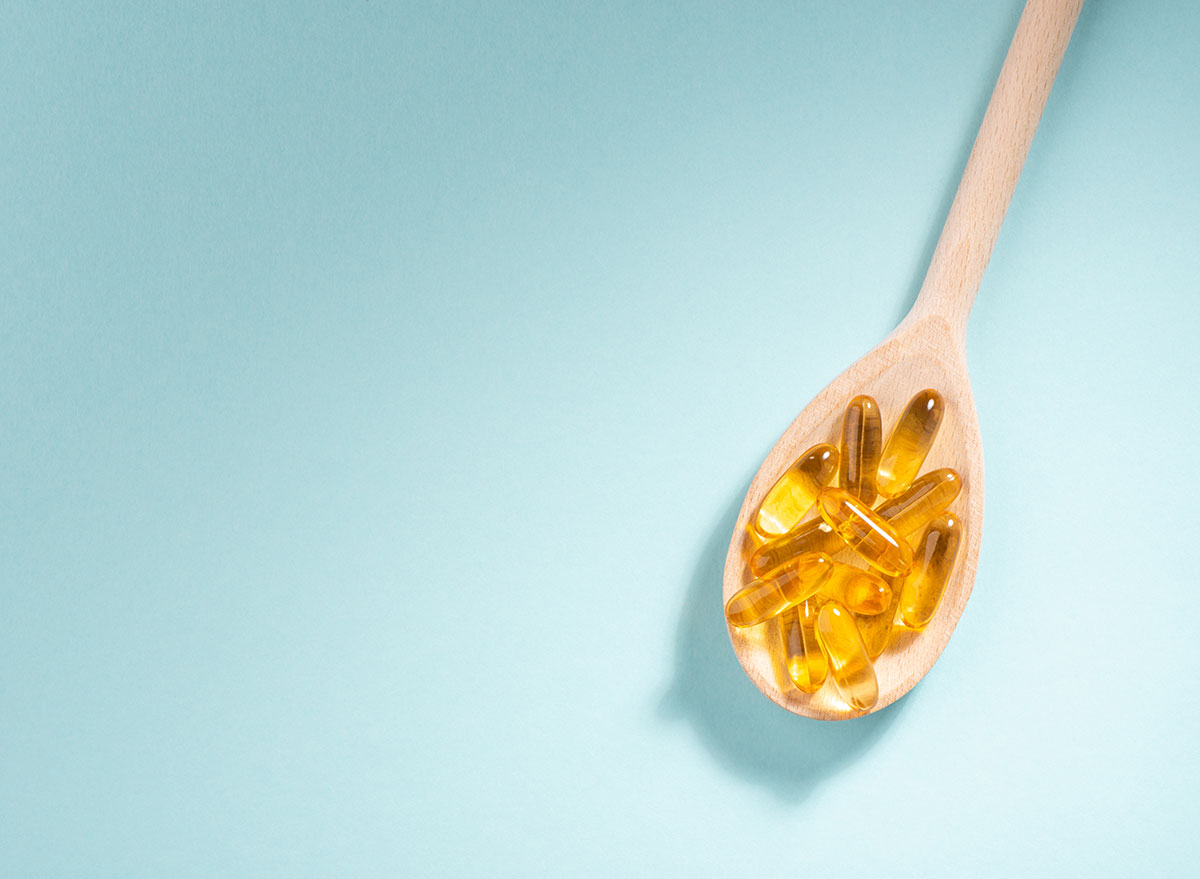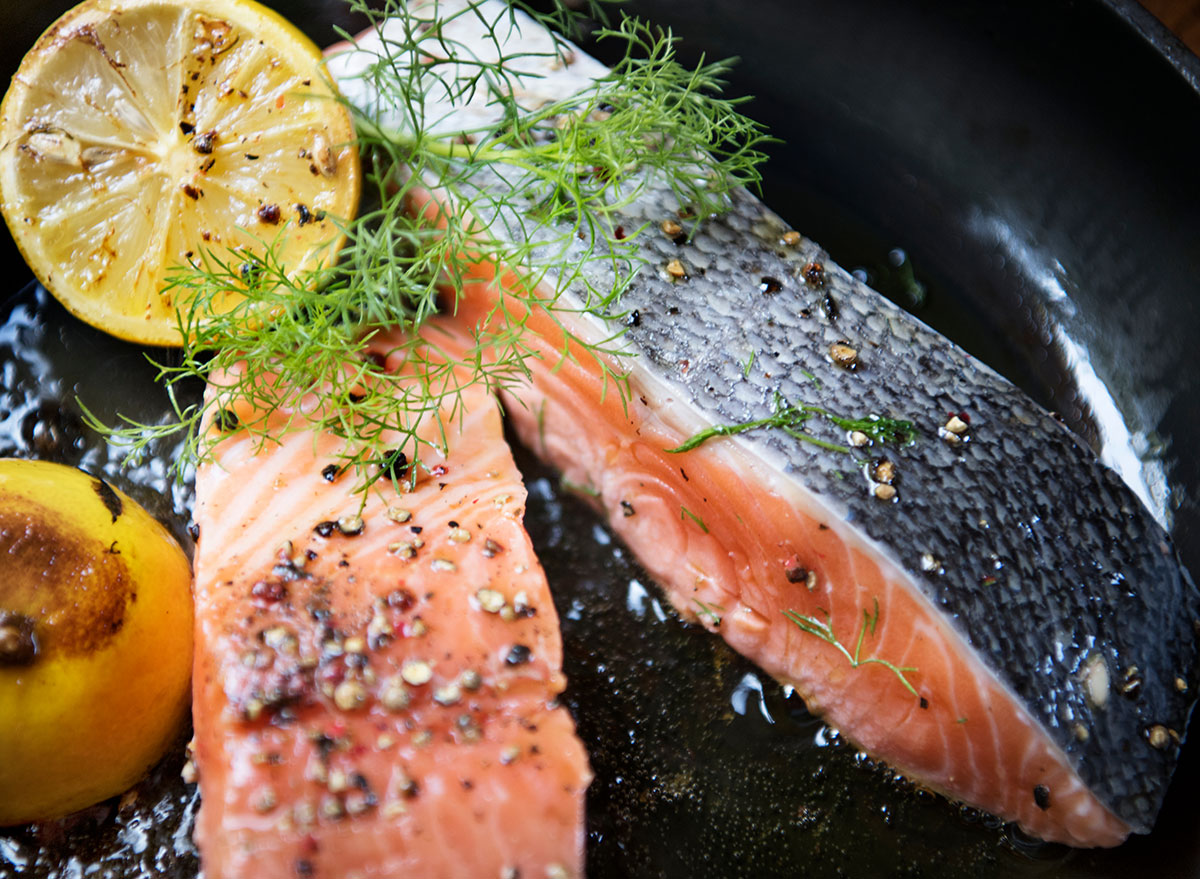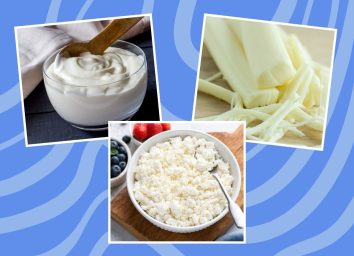One Major Effect of Taking Omega-3 Supplements, Says New Study

Omega-3 fatty acids aren't only beneficial for your brain. In addition to supporting key cognitive functions and reducing inflammation (among other positive effects), new research says some of these fatty acids may also be able to help you combat one of the deadliest diseases out there.
A new study recently published in the journal Cell Metabolism finds that one of the three main omega-3 fatty acids, the one called docosahexaenoic acid (DHA) may kill cancer cells. Yvan Larondelle, Ph.D., who co-supervised the research, explained in an interview with Eat This, Not That! that when cancerous tumor cells eat DHA and other highly unsaturated fatty acids (HUFA), they become addicted. This buildup of fatty acids can kill tumor cells, almost like poison.
"The good news is that DHA and the other HUFA are not toxic for the other cells," said Larondelle. So basically, these fatty acids will attack cancerous cells, but they leave healthy cells unharmed. Aside from supplements, DHA can be found in fish, seaweed, and algae.

If you want to get into the nitty-gritty of it, tumor cells can store a little bit of DHA in their without suffering any harm. But, when the body tries to digest too much of the fatty acid, it leads to a process called peroxidation, which is what makes them poisonous to tumors. More specifically, it leads to a type of cell death called ferroptosis. Does this mean that fatty acids supplements cure cancer? No, say the experts, but they can help.
"Cancer will not be cured with over-the-counter DHA pills, but our work indicates that DHA may be of interest to complement anti-cancer treatments," said co-supervisor Olivier Feron, Ph.D. In other words, DHA supplements could provide additional support in preventing or treating cancer. Of course, it's always a good idea to make sure your physician says it's safe to take any supplement, especially while taking other medications.
"Further research is needed, but in the meantime, people should not hesitate to eat a bit more of DHA from naturally-rich but safe food items or from well-controlled food supplements," adds Larondelle.
While the first omega-3-rich food that likely comes to mind is salmon, Feron cautions against eating too much fish. "[They] can be polluted with heavy metals," he adds.
Now, check out this article on the Side Effects of Eating Farmed Salmon to get a sense of how to avoid these harmful heavy metals. Plus, for other food options, consider getting familiar with these 26 Best Omega-3 Foods to Fight Inflammation and Support Heart Health.








